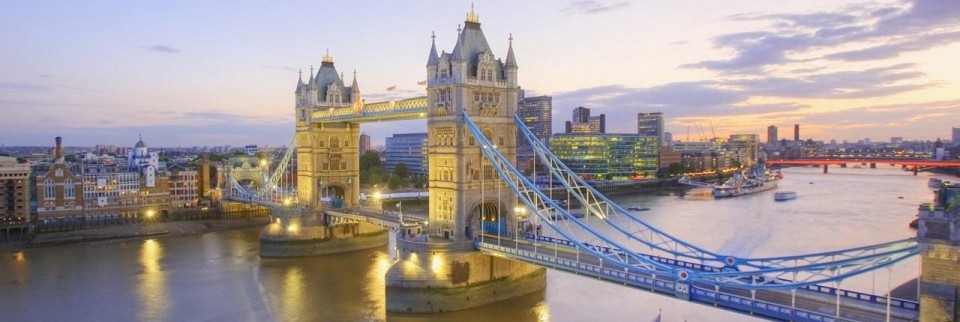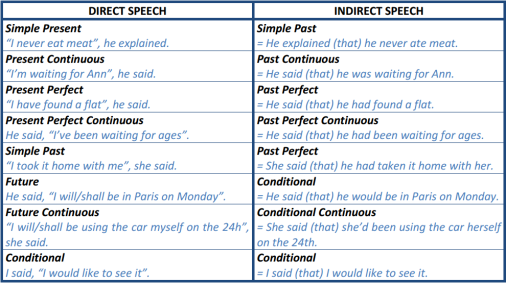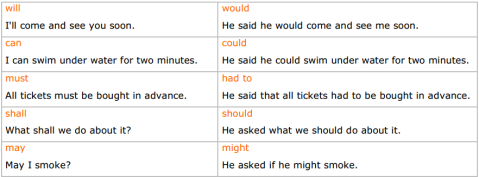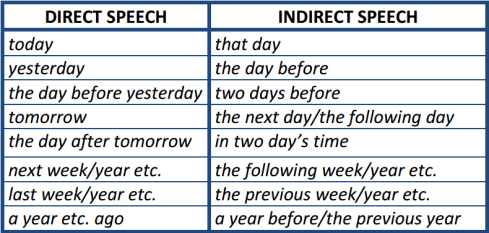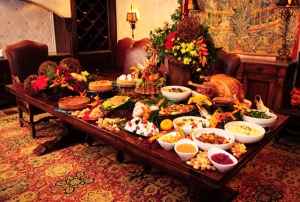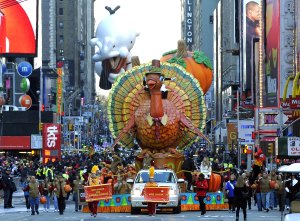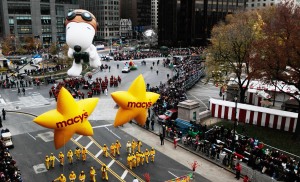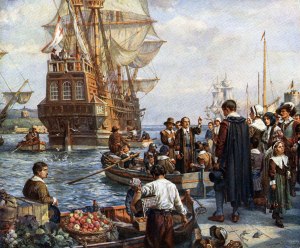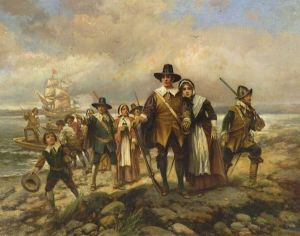Conditional Sentences are also known as Conditional Clauses or If Clauses. They are used to express that the action in the main clause can only take place if a certain condition is fulfilled. Conditional sentences have two clauses – an ‘if clause and a main clause – that are closely related.
There are two kinds of conditional sentences: real and unreal. Real Conditional describes real-life situations. Unreal Conditional describes unreal, imaginary situations. Conditional sentences are often divided into four different types. These four types are normally referred to as the zero, first, second and third conditionals
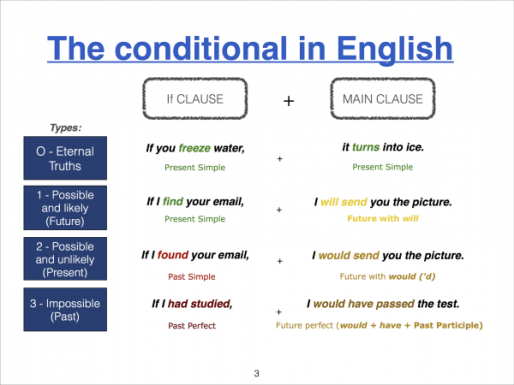
Zero conditional
We use the zero conditional to talk about things that are always true.
- If you heat water, it boils.
- When the sun goes down, it gets dark.
- It lights up if you push that button.
The present simple is used in both clauses.
First conditional
We use the first conditional when we talk about real and possible situations.
- I’ll go shopping on the way home if I have time.
- If it’s a nice day tomorrow we’ll go to the beach.
- If Arsenal win they’ll be top of the league.
In first conditional sentences, the structure is usually if + present simple and will + infinitive. It’s not important which clause comes first.
Second conditional
The second conditional is used to talk about ‘unreal’ or impossible things. It is possible but very unlikely, that the condition will be fulfilled.
- If I won a lot of money I’d buy a big house in the country.
- Where would you live if you could live anywhere in the world?
- If you didn’t smoke so much you’d feel a lot better.
The structure is usually if + past simple and would + infinitive. It’s not important which clause comes first.
Third conditional
Third conditional sentences describe the past. They describe something that didn’t happen. It is impossible that the condition will be fulfilled because it refers to the past.
The main uses of the third conditional are for speculating about the past, expressing regrets, excusing our own actions and criticising others.
In third conditional sentences, the structure is usually if + past perfect and would + perfect infinitive (e.g. have done). It’s not important which clause comes first.
- If I’d studied harder at school I would have gone to university.
He didn’t study very hard and he didn’t go to university.
- We wouldn’t have got lost if you hadn’t given me the wrong directions.
She wasn’t given the correct directions and she didn’t find her way.
- She might have finished the exam if she’d had more time.
She didn’t finish the exam and she didn’t have more time.
